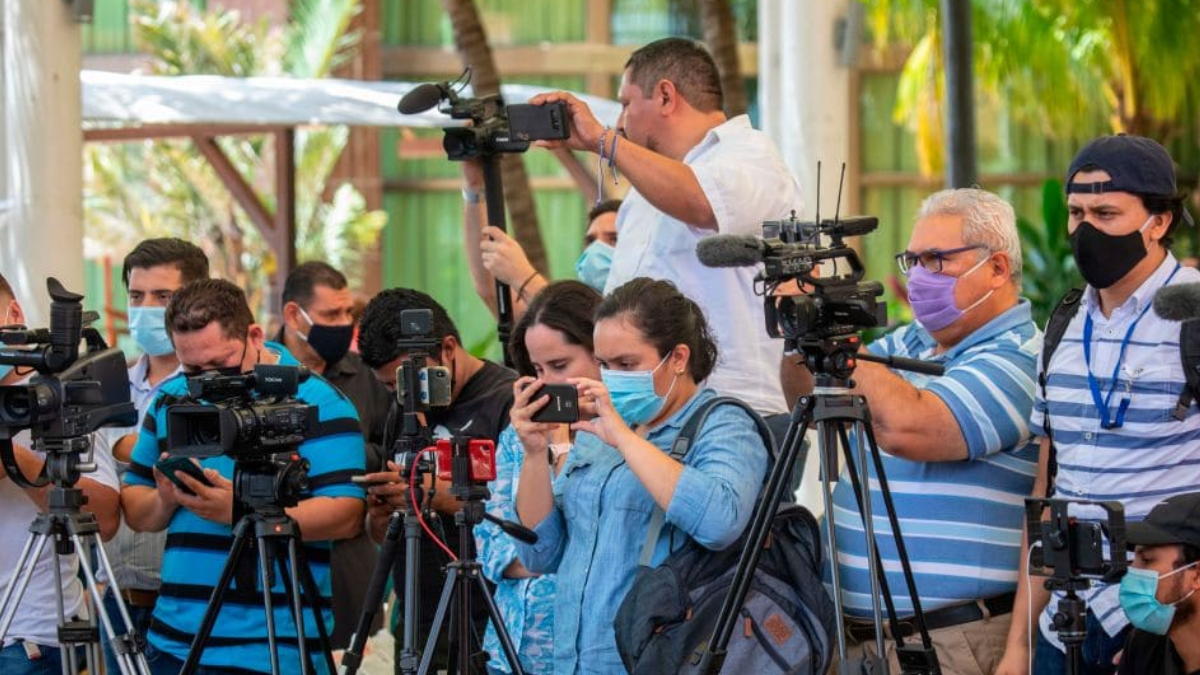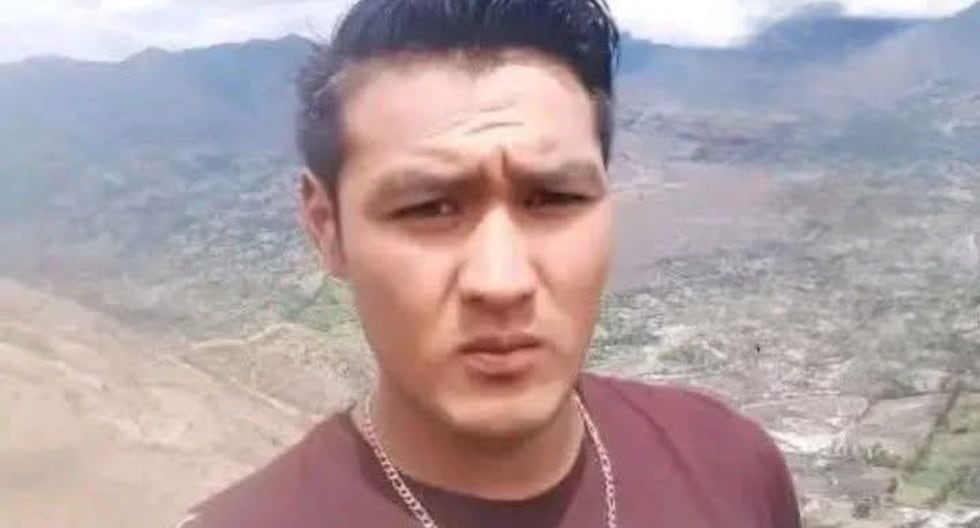At least 283 journalists have been forced to leave Nicaragua since the beginning of the repression in 2018, undertaken by the government of Daniel Ortega and Rosario Murillo. In addition, in 2024 alone, 81 violations of press freedom were recorded, according to the Foundation for Freedom of Expression and Democracy (FLED) in a report published this Monday.
«46 journalists were forced into exile in 2024 to protect their lives and that of their families. Between 2018 and the end of this year, the total number of exiled journalists amounts to 283 professionals. Likewise, FLED documented the exile of 5 journalists, two violently and three who were denied re-entry into the country after work trips,” the report says.
In it Independent Press annual report in Nicaragua: 2024, resilience and courage in the face of state repressionFLED also documents and denounces four specific cases in which the Ortega government applied forced and arbitrary disappearance against independent journalists, intimidation of family members and closures of programs or media outlets.
The FLED highlights as alarming cases the arrests of journalist Fabiola Tercero, who has been missing since July 2024, and whose whereabouts are unknown. Tercero’s case has been reported by former colleagues and the media to the International Community.
Another case exposed is that of the director and presenter of the program La Cobertura, Elsbeth D’Anda, arrested last October for raising the issue of the increase in the price of the basic basket live during her program. Also the case of journalist Henry Briceño, banished from the country and stripped of real estate and personal property by the regime.
Furthermore, the violent capture of journalist Leo Catalino Cárcamo, executed by the Sandinista police in the city of León. Cárcamo had already been a victim of the regime in 2019 when he was arbitrarily arrested; However, this time the communicator is in a delicate state of health.
The report also highlights the abandonment of the profession of 52 journalists and media directors, for security reasons due to the risk that journalism in the country runs. “There are multiple reasons, among them the growing unemployment in the sector, the precariousness of salaries, the high danger associated with the profession, the closure of media and information spaces, as well as the promotion of personal entrepreneurship as an alternative for subsistence,” says the FLED.
News deserts in the country
The FLED report also indicates a phenomenon known as “News Desert”, areas where independent journalism is not practiced due to government harassment. In 2024, the organization recognizes five new departments in which the phenomenon occurs.
«Granada, Madriz, Nueva Segovia, León and Río San Juan were added to these “desert” areas, bringing to 10 the total of regions without independent journalistic coverage in Nicaragua. Currently, the official media control 59% of the country’s information space and if repressive measures continue, these figures could increase significantly,” says the annual report.
For journalists who still practice their profession within the country, 2025 will be even more difficult than previous years, as the Ortega government could further intensify repression and censorship, which would force communicators to restrict their work and resort to self-censorship. , warns the FLED.
















